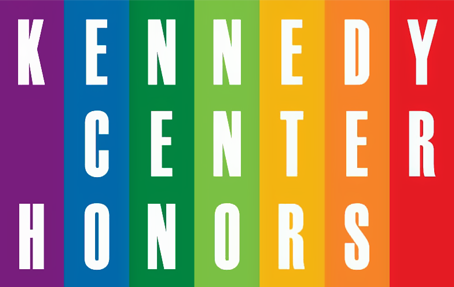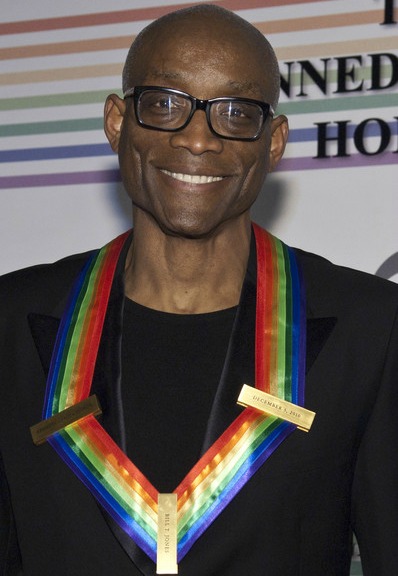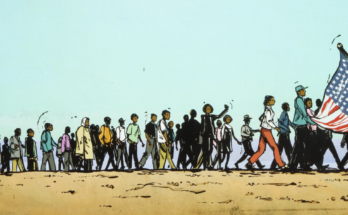The Kennedy Center Honors return for a 40th year in December, paying tribute to actor-dancer-choreographer Carmen de Lavallade, singer-songwriter Gloria Estefan, TV writer-producer Norman Lear, hip-hop artist LL Cool J and singer-producer Lionel Richie.
They’ll be recognized publicly via “The 40th Annual Kennedy Center Honors,” airing at 9 p.m. Dec. 26 on CBS, and privately at a White House reception. These are the first honors taking place during the Donald Trump presidency, a fact not sitting well with everyone.
 Lear says he’ll forgo the reception. Estefan, who’s Cuban-American, says she’ll attend as an opportunity to tell Trump about the contributions immigrants have made to the United States.
Lear says he’ll forgo the reception. Estefan, who’s Cuban-American, says she’ll attend as an opportunity to tell Trump about the contributions immigrants have made to the United States.
A few eyebrows have been raised, too, about how this year’s class skews even more toward entertainment and away from the fine arts. In a piece headlined “The Kennedy Center Honors abandons the arts for pop culture,” Washington Post art and architecture critic Philip Kennicott debated the trend.
“For years now, the Kennedy Center Honors have been devolving from an event that recognizes stellar achievement across a diverse and rich tradition of American arts into an entertainment-driven event that rewards star power and pop-culture cachet,” Kennicott writes.
“Representatives of the wide range of traditional arts, including classical music, opera and ballet, have been slowly edged out until, it seemed, they were lucky to have a single medal among the five given out each year,” he said. “This year even that toehold looks precarious.”
[READ THE WASHINGTON POST PIECE HERE]

Historically, the honors website says, the awards have compared to a knighthood in Britain or the French Legion of Honor — the quintessential reward for a lifetime’s endeavor. To see past honorees, go HERE.
In a statement announcing the 2017 honorees, chairman David M. Rubenstein praised de Lavallade “as a national treasure whose elegance and talent as a dancer led to a career touching many art forms.” He called Estefan an “international superstar who has influenced American music through her infectious Miami sound.”
LL Cool J, he said, “taught the world how to rhyme” as a hip-hop pioneer and that Lear “spoke to the human condition and sparked poignant cultural conversations with some of the most epochal TV sitcoms of the 20th century.” Richie’s “irresistibly recognizable melodies,” he said, “capture the heart and transcend generations.”




